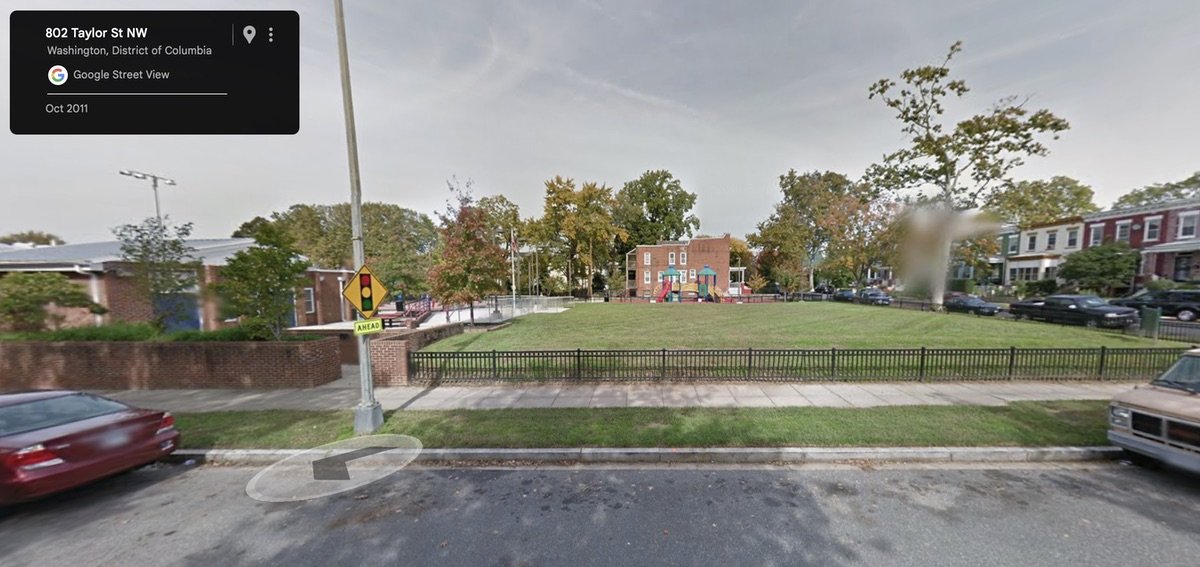Urban churches on the perimeter of change
/by Lois Cooper
Mt Zion AME, a 200 year old church on 29th Street in Georgetown
Churches were once central to the community life in urban cities, but as demographics shift and landscapes change churches are now just a structure you pass on the way to your life. In DC, churches have played a pivotal role in the education and empowerment of African Americans. On December 31, 1862, blacks came together in churches and homes awaiting news about whether the Emancipation Proclamation would become law.
The story goes that at the stroke of midnight on January 1, 1863, the news came that all slaves in confederate states were legally free. They say there were shouts and prayers of joy as people dropped to their knees and thanked God. This is why today many African American still attend church services on New Year’s Eve. Yet today urban churches are struggling to maintain their leverage in communities that are progressively growing around them.
The now sold and soon to be torn down Rock Creek Baptist Church, 8th & Upshur St, Petworth
With the rapid development and gentrification of urban cities, along with the skyrocketing cost of housing in walkable communities, many of the people who once lived in the neighborhood have moved out. Most members commute to worship in the churches that they helped to build by raising money to construct and improve the structures. The churches in local communities are a reminder of the culture and history that was once essential and vital to life in the neighborhood. For example, Petworth had three local churches on the perimeter of its changing community until Rock Creek Baptist Church sold its building and has since relocated to Maryland. This seems to be a growing trend with urban churches.
Churches can no longer afford to expand their facility due to escalating real estate cost. Church parking has become public enemy number one and has led to some tension between new residents and local churches. I can speak to this situation from both sides.
Petworth Methodist Church, built in 1916
I currently live next door to a church, however, I go to a church in a nearby community. I am not delighted when I come home after a long day and cannot find parking convenient to my home because of activities at the church. Then I think about the church that I am a member of and have been attending since I was a child. It’s not just the Sunday services but also the meetings during the week and funeral services that no one can predict or have control over. So patience, civility and understanding is what I pray for.
I have built a relationship with the pastor of the church next door which gives me a forum to express the concerns of the condo owners in my building. I remember our first conversation when he said, “The congregation was wondering who our new neighbors would be in this renovated condominium.” The owners in my building are both black and white and I think most in the community consider us all to be gentrifiers, because we are changing the look and feel of the neighborhood.
Sanctuary condos, formerly Way of the Cross Church
I am a native Washingtonian and I have been living in my current condo for five years now. I guess we have kind of gotten use to the emergency parking signs during funerals, and the race to get home either before or after services on Sunday and Wednesday evening to get parking. We still complain and want to lash out at times but the conversations that I’ve had with the pastor and the greetings exchanged with some of the worshipers have soften the edge a little. When I see the outreach that the church provides to various underserved communities it helps me to look outside of my own comfort for just a moment. We know that when people work together for a common good it is possible to embrace change and respect the significance of the past.
St. Gabriel Catholic Church on Grant Circle in Petworth, built in 1930
I have gained some wisdom about a few things to consider should I decide to move again, like is there a local church or community center in the neighborhood and how does it impact daily life? Everyone struggles with the challenges that change brings, be it changes in neighborhoods or the change in this year’s 2016 presidential election. It all brings to mind the lyrics of George Benson, one of my favorite Jazz musicians, who sang, “Everything must change, nothing stays the same, everyone must change, and the young become the old” and it goes on.
Be Well!



















